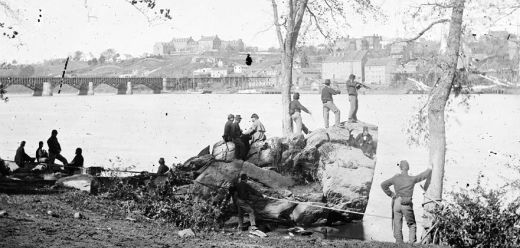Georgetown University’s shameful past and the necessity for decolonising the university

In June 1838, facing unmanageable debts at its college in Georgetown, the Jesuit province of Maryland sold 272 slaves in its possession. The funds generated by the sale (anywhere up to $115,000) ensured the survival of the college at a time when the Jesuits’ rules prohibited charging students for tuition. In effect, the bodies of black children, women, and men were sacrificed so that white men could continue to study free of charge. On September 2 of this year, in a widely covered move, a working group on slavery and memory at Georgetown University released its report on a shocking event in the history of the university.
Cóilín Parsons
Cóilín Parsons is Associate Professor of English at Georgetown University, and a graduate of the National University of Ireland, Galway. He is the author of The Ordnance Survey and Modern Irish Literature (Oxford University Press, 2016), and co-editor of Relocations: Reading Culture in South Africa. Before taking up his position at Georgetown he was a lecturer in English at the University of Cape Town.

